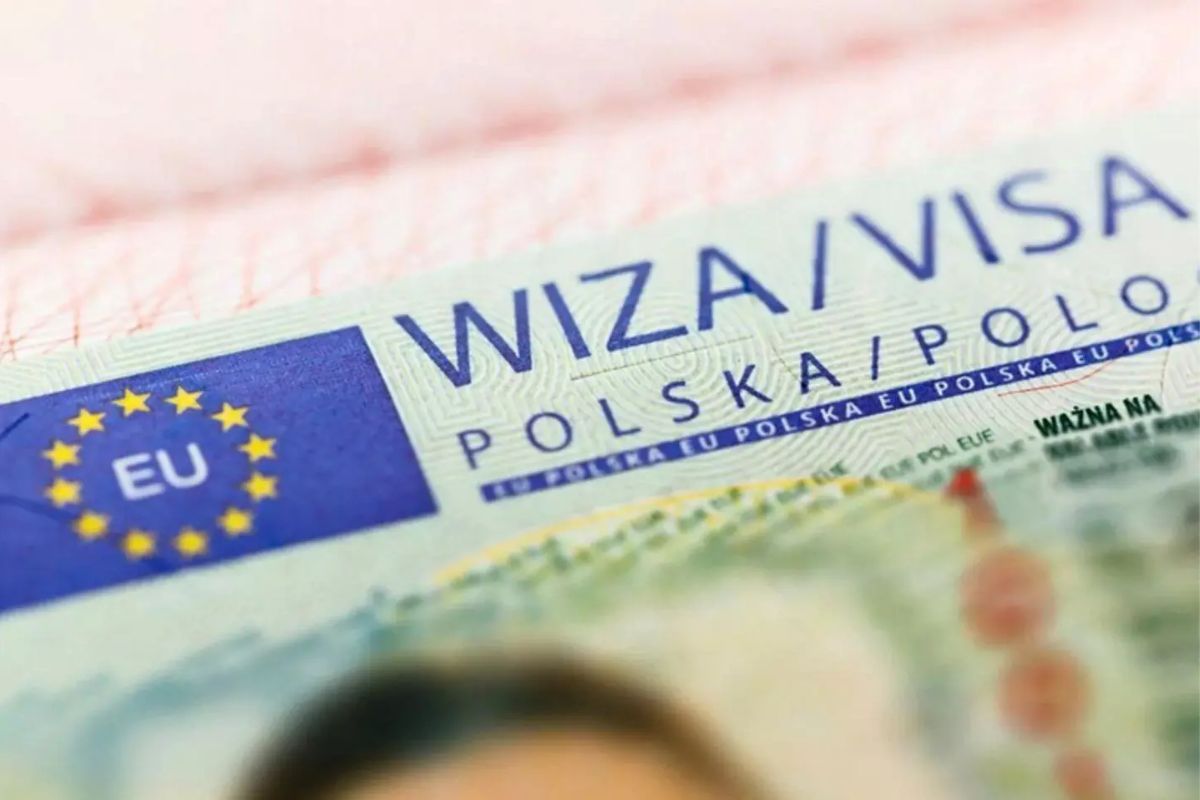Poland has officially moved its entire work permit process online, closing the door on paper-based applications. For anyone applying to work in the country, this means one thing: if you don’t use the government website, your application won’t even be considered.
No More Paperwork at the Counter
For most applicants, the transition is more of a formal shift than a shock. Digital applications had already become the norm before this update, so the impact on processing times is expected to be minimal.
What travellers and foreign workers should keep in mind, however, is that the new regulations tighten consistency across the board.
Supporting Documents: Not the Same
One area where applicants may still encounter confusion is the handling of supporting documents. Different regional offices continue to follow different policies.
- Some accept scanned copies of ink-signed documents uploaded into the system.
- Others demand documents with a verified digital signature only.
For applicants, this means checking the specific requirements of the relevant local authority before submission to avoid delays.
New Deadlines for Contract Submissions
Poland has also tightened the rules on when and how work contracts must be submitted through the government system.
- From July 1, 2025: Contracts linked to Special Permissions or seasonal work permits must be uploaded online.
- From August 1, 2025: Contracts based on standard work permits must also go through the online system.
Poland Also Eases EU Blue Card Rules from June 2025
In addition to the shift to online applications, Poland has also eased EU Blue Card rules to draw more skilled workers. Since June 1, 2025, several restrictions have been lifted, making the program more accessible.
Key updates include:
- You no longer strictly need a university degree; three years of relevant experience in the past seven years can qualify you.
- The minimum contract length requirement has been cut from 12 months to 6 months.
- Blue Card holders can change jobs (within the “highly qualified” bracket) as long as they notify authorities.
- Time spent under certain residence permits in other EU states can now count toward Poland’s long-term EU residence requirement.
What this means is that the path into Poland is now more flexible for skilled professionals. It provides international applicants with more flexibility in contract length, mobility, and qualification routes.
What This Means for Foreign Workers
For foreign workers and their employers, the process is now more streamlined but also less forgiving. A paper contract tucked in an envelope will no longer cut it. Missing a deadline or uploading the wrong document format could slow down the process.
The safest move is to rely only on the official government platform, confirm what type of digital signature your regional authority accepts, and keep everything filed in the correct format.
Follow and connect with us on Facebook, Twitter, LinkedIn, Instagram and Google News for the latest travel news and updates!
